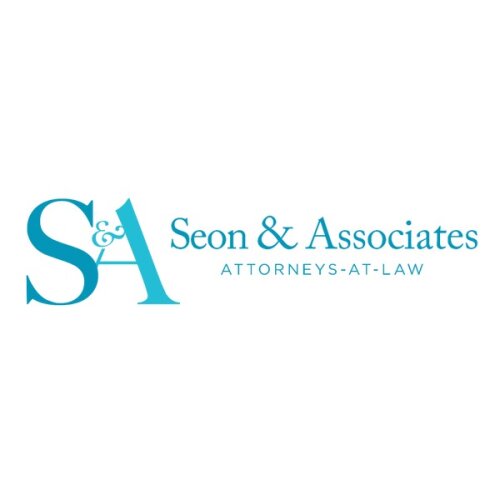Best Creditor Lawyers in Grenada
Share your needs with us, get contacted by law firms.
Free. Takes 2 min.
Or refine your search by selecting a city:
List of the best lawyers in Grenada
About Creditor Law in Grenada:
Creditor law in Grenada refers to the legal framework that governs the relationship between creditors and debtors. It covers the rights and obligations of both parties when it comes to the collection, enforcement, and discharge of debts. Creditors can take legal action to recover debts owed to them by debtors through various legal processes.
Why You May Need a Lawyer:
There are several situations where you may need a lawyer specializing in creditor law in Grenada. Some common scenarios include:
- Dealing with debt collection agencies
- Negotiating debt settlements
- Filing for bankruptcy
- Defending against creditor lawsuits
Local Laws Overview:
In Grenada, the main legislation governing creditor rights is the Eastern Caribbean Supreme Court (Grenada) Act. This law outlines the legal procedures and remedies available to creditors seeking to recover debts. The court system in Grenada handles creditor cases and enforces judgments in accordance with this legislation.
Frequently Asked Questions:
1. Can creditors seize my property to recover debts in Grenada?
Yes, creditors can take legal action to seize property as a means of recovering debts in Grenada.
2. How long do creditors have to collect a debt in Grenada?
The statute of limitations for debt collection in Grenada is typically six years from the date the debt became due.
3. Can creditors garnish my wages in Grenada?
Yes, creditors can seek a court order to garnish your wages to satisfy a debt in Grenada.
4. What are my rights as a debtor in Grenada?
Debtors in Grenada have rights under the law, including the right to dispute debts and seek legal advice.
5. Can creditors harass me to collect a debt in Grenada?
No, creditors are prohibited from engaging in harassing or abusive practices to collect debts in Grenada.
6. How can I negotiate a debt settlement with creditors in Grenada?
You can work with a lawyer to negotiate a debt settlement with creditors in Grenada, ensuring your rights are protected throughout the process.
7. What are the consequences of not paying debts in Grenada?
Failing to pay debts in Grenada can result in legal action, including wage garnishment, property seizure, and credit score damage.
8. Can I file for bankruptcy to discharge debts in Grenada?
Yes, you can file for bankruptcy in Grenada as a means of discharging certain debts and obtaining relief from creditor actions.
9. How can I defend against a creditor lawsuit in Grenada?
You can seek legal representation to defend against a creditor lawsuit in Grenada, challenging the claims and presenting a strong defense in court.
10. When should I contact a lawyer for creditor issues in Grenada?
You should contact a lawyer specializing in creditor law in Grenada as soon as you encounter debt-related issues or face legal action from creditors.
Additional Resources:
If you need legal advice or assistance with creditor issues in Grenada, you can contact the Grenada Bar Association or seek guidance from the Eastern Caribbean Supreme Court.
Next Steps:
If you require legal assistance with creditor matters in Grenada, it is advisable to schedule a consultation with a lawyer experienced in creditor law. They can assess your situation, provide legal advice, and help you navigate the legal process effectively. Remember to act promptly to protect your rights and interests when dealing with creditor issues.
Lawzana helps you find the best lawyers and law firms in Grenada through a curated and pre-screened list of qualified legal professionals. Our platform offers rankings and detailed profiles of attorneys and law firms, allowing you to compare based on practice areas, including Creditor, experience, and client feedback.
Each profile includes a description of the firm's areas of practice, client reviews, team members and partners, year of establishment, spoken languages, office locations, contact information, social media presence, and any published articles or resources. Most firms on our platform speak English and are experienced in both local and international legal matters.
Get a quote from top-rated law firms in Grenada — quickly, securely, and without unnecessary hassle.
Disclaimer:
The information provided on this page is for general informational purposes only and does not constitute legal advice. While we strive to ensure the accuracy and relevance of the content, legal information may change over time, and interpretations of the law can vary. You should always consult with a qualified legal professional for advice specific to your situation.
We disclaim all liability for actions taken or not taken based on the content of this page. If you believe any information is incorrect or outdated, please contact us, and we will review and update it where appropriate.
Browse creditor law firms by city in Grenada
Refine your search by selecting a city.









